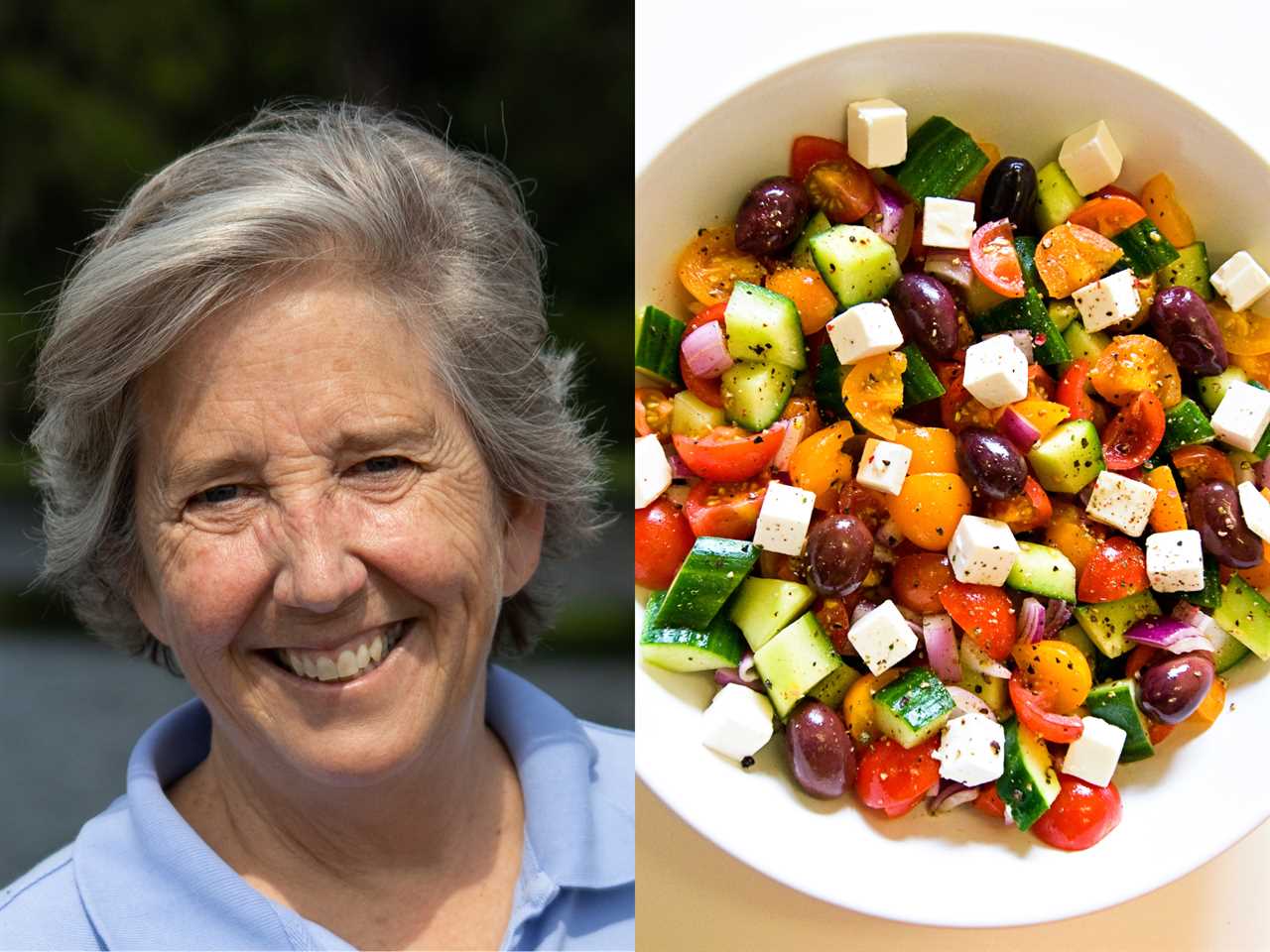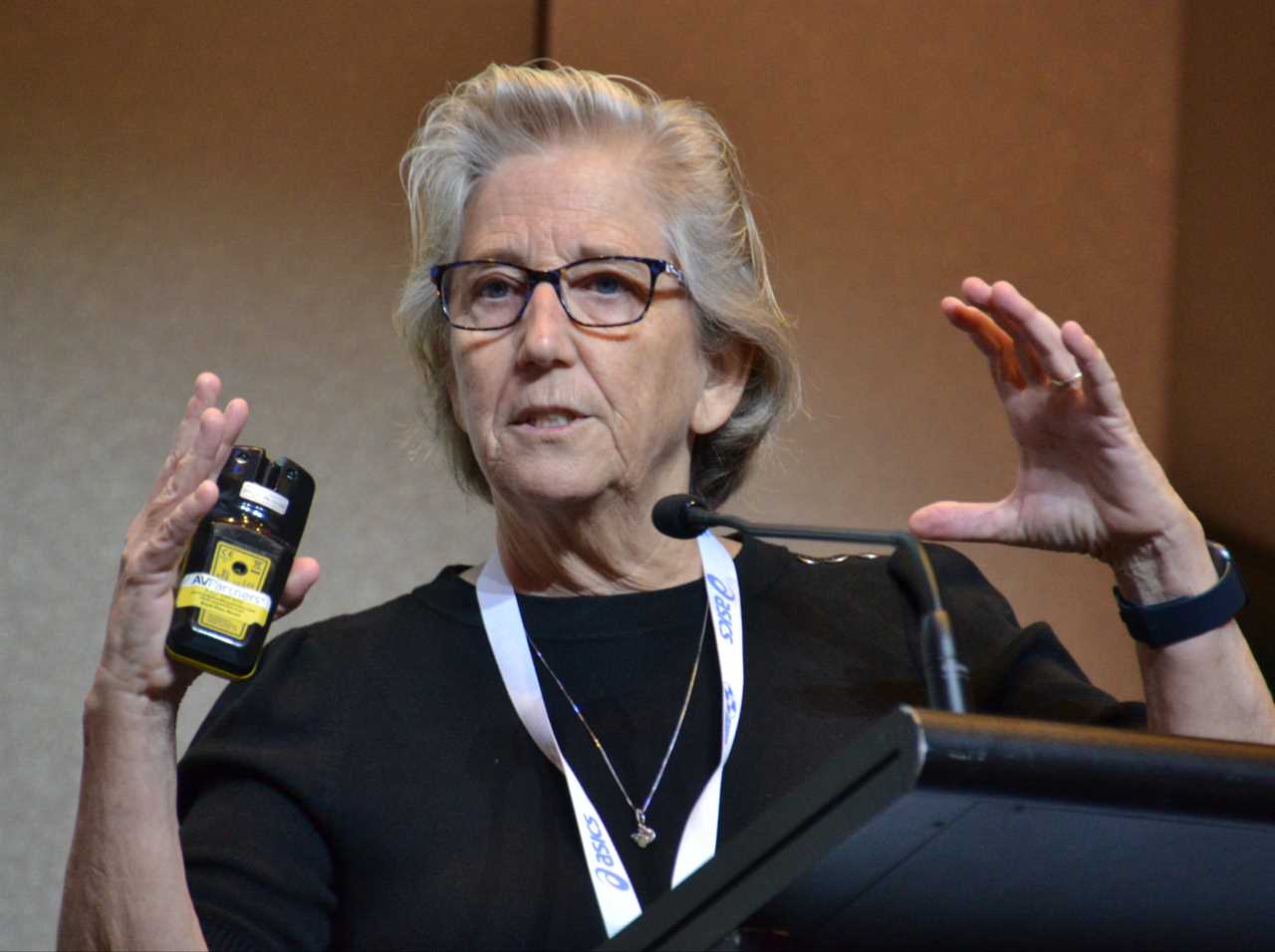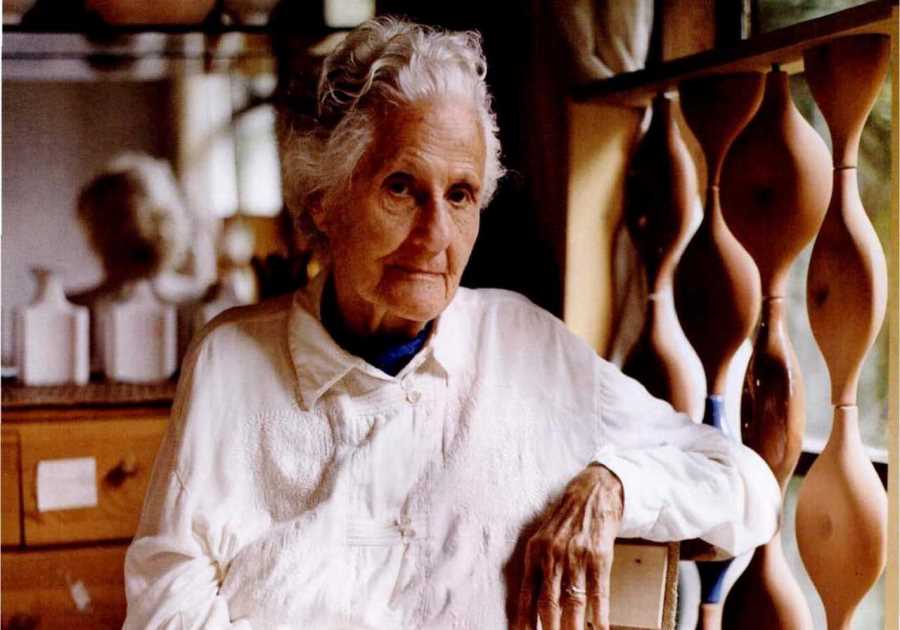
Karyn Esser/Getty
- Karyn Esser is a professor of exercise and aging.
- She talked Business Insider through her approach to fitness for longevity.
- Esser combines walking, strength training, and time-restricted eating to maintain her health.
As a professor of exercise, Karyn Esser knows a lot about fitness. The most important factor? Consistency.
Esser, in her 60s, is the chair of the Physiology and Aging department at the University of Florida. She told Business Insider how she keeps herself fit as a busy person who doesn't enjoy some types of exercise.
Esser told BI that motivation should come from keeping your body fit and healthy so you can keep enjoying life — things like traveling or playing with grandkids.
Business Insider has seen a marked interest in longevity from readers, especially high-profile men like Bryan Johnson going to extreme lengths to lower their "biological age."
Esser says her years decades of research have shown that there are actually pretty simple ways to stay healthy for longer.
She shared her current exercise regime and how it's evolved over her life.
Esser tries to exercise at the same time of day
Esser has pioneered research into the impact of circadian rhythms (also called body clocks) on exercise, and vice versa.
Her team found that people get the best results (such as improved fitness and muscle growth) when they work out at the same time of day. For example, it's better to always exercise in either the morning or the afternoon, rather than changing.
"Exercise when you can because that's the most important thing, but it's much better for your adaptations if you actually try to exercise at a consistent time of day — not a particular hour, but within a three-hour window," she said.
For Esser, this usually means the mornings.
Esser used to run but is more of a walker now

Karyn Esser
Esser transitioned from running to brisk walking as she got older, as it's a bit easier on the knees and hips (this change was hard to accept, she said).
She aims to go for a walk four to five mornings a week, but said she sometimes has early meetings which makes it more challenging.
If you're not keen on formal exercise, Esser advocates being active in your daily life, be that gardening, taking the stairs, or parking further away from the store.
Esser does strength training even though she doesn't like it
Esser has been strength training for three years because she knows it's important for healthy aging. That doesn't mean she likes it.
"I've always been more of an endurance person and that's always been good for me. But I'm older, and one of the things I recognized is that my job's quite sedentary and I don't do a lot with my upper body or my core," she said.
Strength training is important to combat the muscle loss that occurs with age. It also boosts bone density.
Esser worked with a trainer to devise a strength training program she could do at home two or three times a week. At first she was shocked by how little strength she had, but seeing her strength and thus independence increase has motivated her to keep going.
"I have grandkids that are two and five and it is a lot more fun if I can play with them, pick them up, do all kinds of things with them, and so that helps as a motivating factor," she said.
"I just feel better, I feel stronger," Esser said. "Life is easier, getting in and out of cars, going upstairs, going to a concert, and just being a lot more mobile and nimble."
Esser does time-restricted eating
Esser tends to eat breakfast at around 10 a.m. and have her last food for the day at around 7 p.m., thus giving her a fasting window overnight of eight to 10 hours.
Esser acknowledged that research is still being conducted on the potential health benefits of eating in a smaller window each day, but she believes the initial signs are promising.
"I try to keep my eating and my activity schedules consistent as much as I can," Esser said. "There are days that it isn't and that's OK, but it's a probability and statistics game. You want to keep most of it in a good window."
She also tries to minimize her intake of meat and high-fat foods while keeping an eye on her protein intake, she said. A Mediterranean-style diet with plenty of protein is generally recommended as a healthy way to eat for longevity.
Esser thinks supplements generally are a waste of money, but she does take a multivitamin.
Esser's priorities have changed with age
Esser said she has always been active, but that her motivation changed over the course of her life. Experiencing her body aging has been "humbling," she said.
As a younger woman, she was busy with starting her career and a family, but wanted to stay fit.
"It helped me focus, I would write better if I was keeping active, those kinds of things," she said. "But I really didn't think about how my health would be when I got older."
Esser's focus now is on keeping her independence.
"I like the fact that I do feel good and I can lead a very independent life, and I'd like to hold onto this for a while," she said. "The only way I know to do that is to incorporate strength and endurance into my lifestyle."
Read More
By: [email protected] (Rachel Hosie)
Title: A professor of exercise and aging shares how she works out and eats to stay healthy as long as possible
Sourced From: www.businessinsider.com/professor-exercise-aging-workout-food-longevity-karyn-esser-2024-5
Published Date: Mon, 20 May 2024 10:31:50 +0000
.png)





